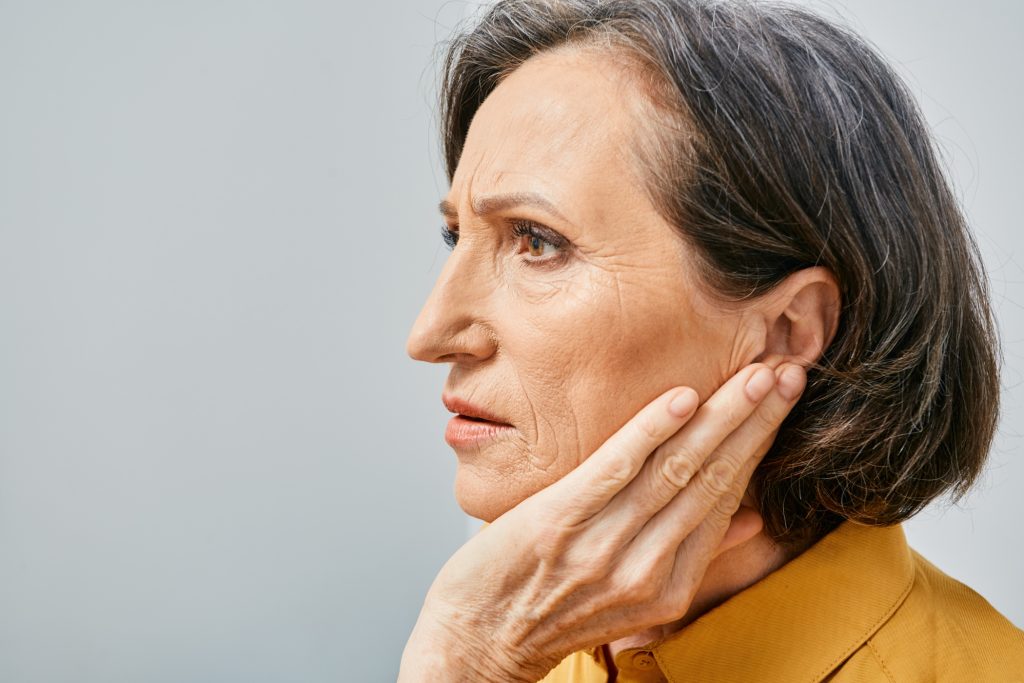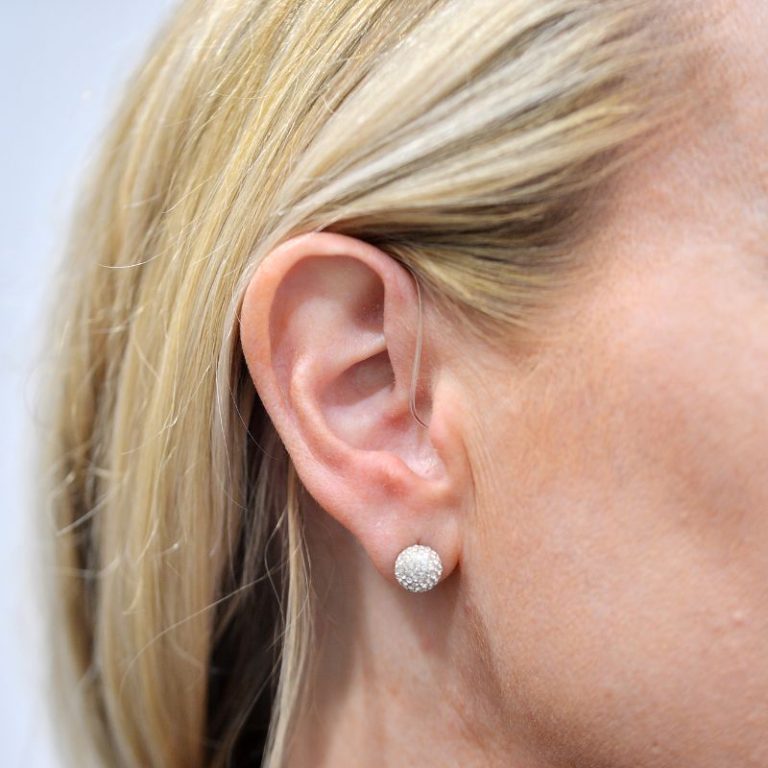Unilateral hearing loss is a type of hearing loss that only affects one ear. It can be disorienting and potentially isolating. This type of hearing loss isn’t always permanent and there are lots of treatment options alongside a variety of ways to manage unilateral hearing loss. Read on to learn more about it.



